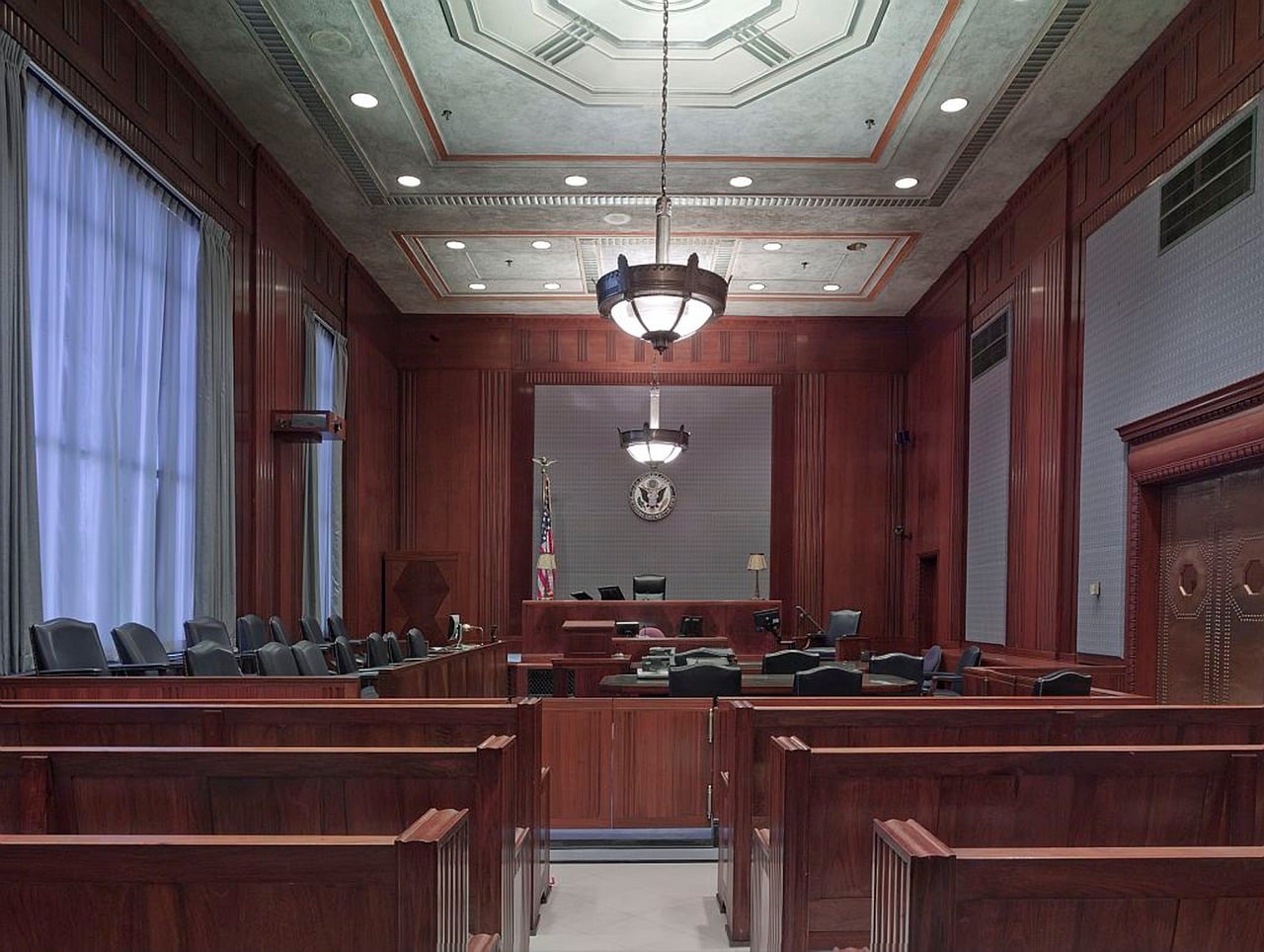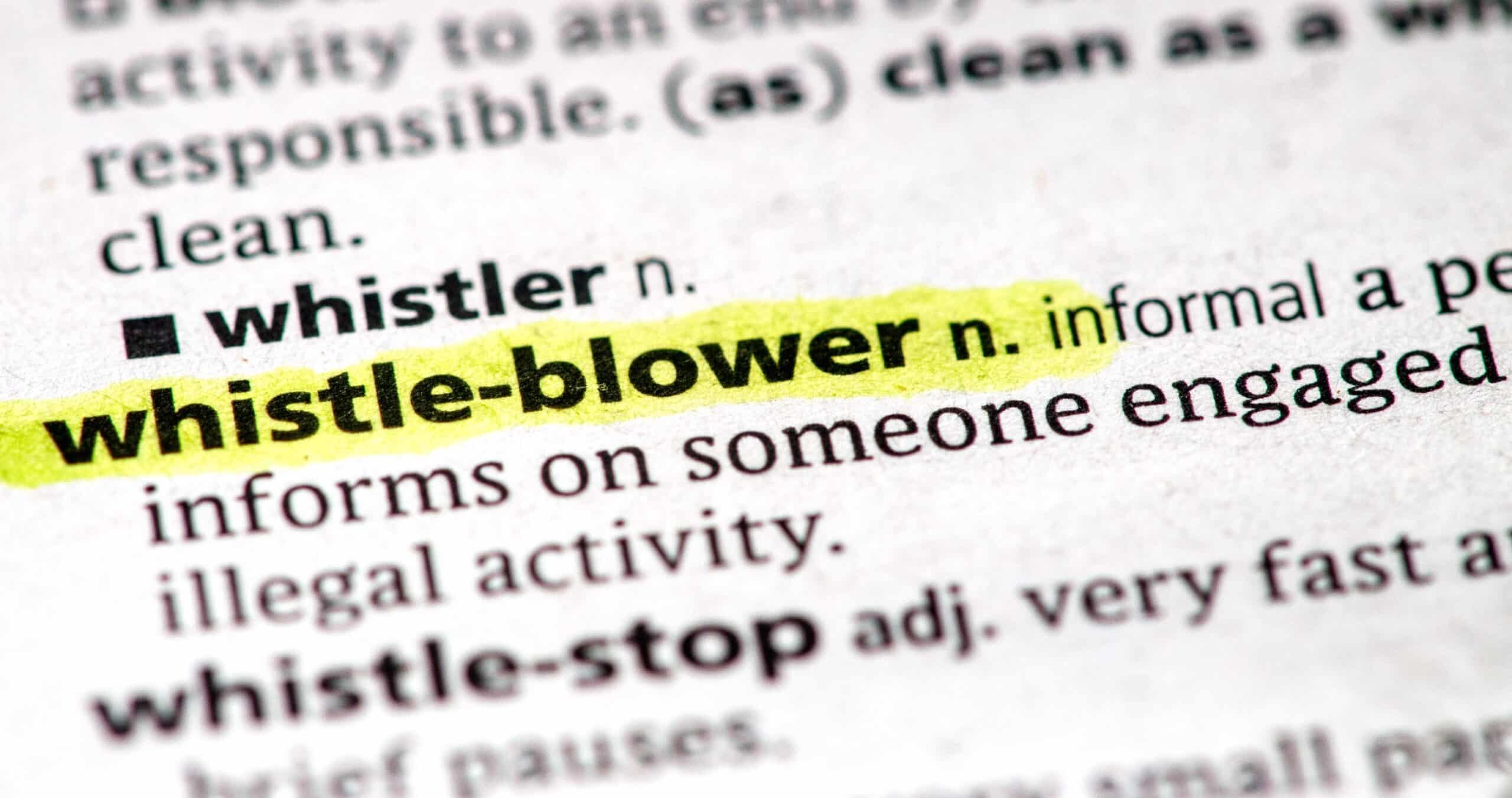Failure to pay Arbitration Fees: What’s left after Hohenshelt v. Superior Court?

More and more employers are forcing workers to sign arbitration agreements that prevent the workers from suing in court. Instead, the workers are forced into arbitration, where they are much less likely to prevail, and, even if they do prevail, their awards tend to be lower than jury verdicts.
The Problem: Employers not paying Arbitration Fees
Arbitration also creates another problem: In California, employers are required to pay for the costs of the arbitrators. Some employers realized that if they stopped paying the arbitrator, the arbitrator would stop working. This created a nightmare situation for workers who were then caught in limbo: unable to sue in court and unable to proceed in arbitration.
In 2019, the California Legislature passed Senate Bill No. 707 in response to “a concerning and troubling trend” in consumer and employment arbitrations: “employers are refusing to pay required fees to initiate arbitration, effectively stymieing the ability of employees to assert their legal rights.” (Sen. Judiciary Com., Analysis of Sen. Bill No. 707 (2019–2020 Reg. Sess.) as amended Apr. 11, 2019, p. 6 (Senate Judiciary Committee Analysis); Sen. Rules Com., Off. of Sen. Floor Analyses, 3d reading analysis of Sen. Bill. No. 707 (2019–2020 Reg. Sess.) as amended May 20, 2019, p. 4 (Senate Rules Committee Analysis).)
In so doing, the Legislature documented instances in which companies faced large numbers of individual arbitration demands and then failed to timely pay arbitration fees, thereby frustrating adjudication of their employees’ claims. (Sen. Judiciary Com. Analysis, supra, at pp. 6–7.) To give just one example of this phenomenon, 2,800 Chipotle workers filed a class action against Chipotle in 2013 and were ordered to individually arbitrate their claims. Chipotle then frustrated the efforts of its employees to have their claims adjudicated by failing to pay its share of the applicable filing fees. Six years later not a single claim had been heard.
The Solution: Senate Bill 707
Senate Bill 707 added certain provisions to the California Arbitration Act. For example, it provides that where “an employment or consumer arbitration … requires … the drafting party” to “pay certain fees and costs,” those fees or costs must be “paid within 30 days after the due date.” If the fees are not timely paid, an employee may then return their claims to court and require the defendant to pay their attorneys’ fees and costs.
Hohenshelt and Beyond
Employers immediately challenged Senate Bill 707, claiming that it was preempted by the Federal Arbitration Act. In August 2025, the California Supreme Court addressed this argument in the case of Hohenshelt v. Superior Court (2025) 18 Cal.5th 310.
The Hohenshelt Court concluded that Senate Bill 707 was not preempted. However, to reach this conclusion, it rejected the plaintiff’s argument that Senate Bill 707’s language had to be read strictly. Instead, Senate Bill 707 was to be read in harmony with background statutes and principles that allow relief from forfeiture where nonperformance is not willful, fraudulent, or grossly negligent.
In light of this holding, the Hohenshelt Court directed the Court of Appeal “to remand the matter to the trial court for consideration of whether [the employer] may be excused for its failure to timely pay arbitration fees, such that the stay of litigation should not be lifted and the parties should be returned to arbitration, and whether the delay resulted in compensable harm to [the employee].”
So what is left after Hohenshelt? To start with, an employee does not have to show that they were prejudiced by an employer’s failure to timely pay arbitration fees to prevail on a motion under Senate Bill 707. The California Supreme Court rejected that argument in 2024 in the case of Quach v. California Commerce Club, Inc. (2024) 16 Cal.5th 562.
However, that employee will have to show that the employer acted willfully, fraudulently, or with gross negligence. An example of this would be an employer willfully withholding the fees necessary to proceed in arbitration. “But short of such wrongful conduct, a breaching party may be relieved from forfeiting its right to enforce an arbitration agreement based on the circumstances….” Hohenshelt, 18 Cal.5th at 346.
The fallout from Hohenshelt can be seen in the case of Wilson v. Tap Worldwide, LLC (Cal. Ct. App., Sept. 22, 2025, No. B334533) 2025 WL 2802617, at *2, as modified (Oct. 2, 2025). In that case, the trial court had found that the employer was late in paying the arbitration fees, vacated the order compelling arbitration, and awarded over $300,000 to the plaintiff’s attorneys. However, after Hohenshelt the Court of Appeal asked for supplemental briefing. The Court of Appeal then reversed the award of attorneys’ fees because, as a matter of law, the defendant’s untimely payment was not willful, grossly negligent, or fraudulent.
If you have questions about your rights at work, please feel free to contact Hunter Pyle Law, PC, to make use of our free and confidential intake process. We look forward to hearing from you.


